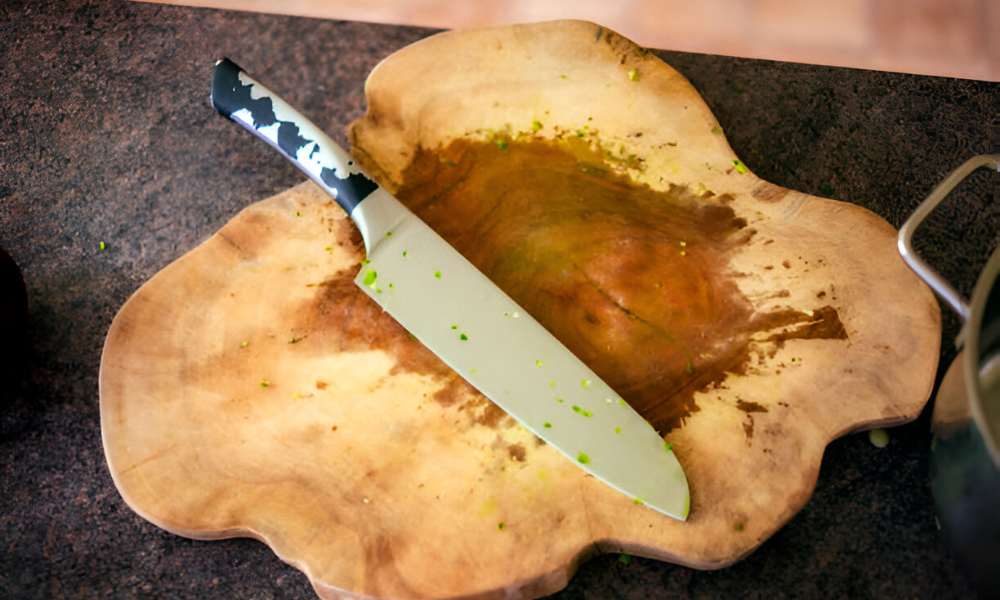Removing rust from your kitchen knives doesn’t have to be a daunting task. Understanding how to get rust off knives with vinegar is a simple and effective solution that not only restores your knives’ functionality but also prolongs their lifespan. Vinegar, a common household item, serves as a powerful and natural rust remover, eliminating the need for harsh chemicals. This method is essential for maintaining the hygiene and sharpness of your knives, ensuring your kitchen tools remain in top condition. By following a straightforward vinegar treatment, you can easily get rust off knives with vinegar, making your cooking experience safer and more enjoyable.
Can I Use Any Type Of Vinegar?
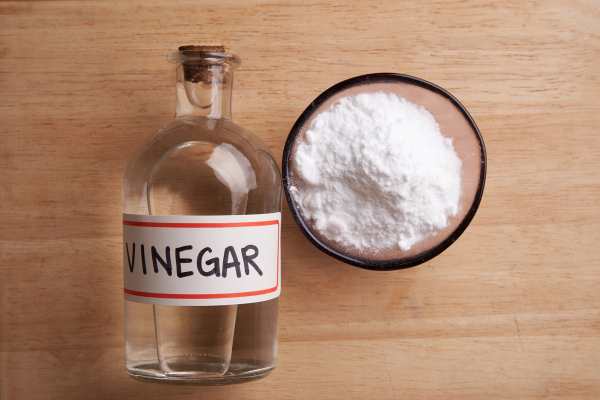
It’s always best to follow recipes that specify which type of vinegar to use, as different vinegars can have varying levels of acidity and flavor profiles. Experimenting with different types of brine can also add depth and complexity to your dishes, so don’t be afraid to try new varieties in your cooking or cleaning routines.
How Long Should I Soak The Knife In Vinegar?
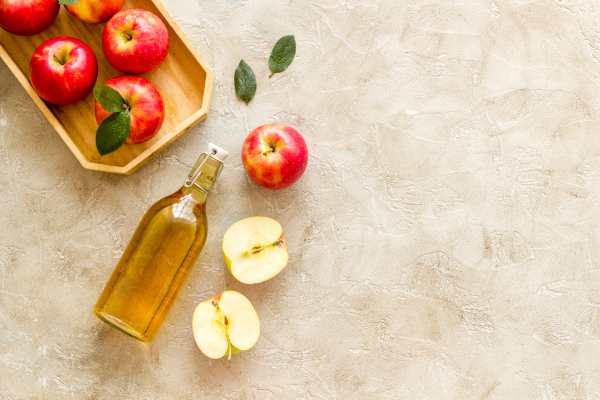
Soaking a knife in vinegar can help remove rust and stains, but the duration of soaking depends on the severity of the issue. For light corrosion or stains, soaking the knife for 15-30 minutes should be sufficient. However, for more stubborn corrosion or stains, you may need to soak the knife for up to 1-2 hours. It’s important to periodically check on the knifes while soaking to ensure that the brine is effectively working without causing any damage to the blade.
Causes Of Rust On Knives
Rust on knives is a common issue that many people face, and understanding the causes can help prevent it in the future. Rust forms when iron in the knife reacts with moisture and oxygen, leading to corrosion. This is often exacerbated by improper storage, such as leaving knives in a damp environment or not drying them thoroughly after washing. Additionally, exposure to acidic foods can accelerate the rusting process. Knowing these causes is crucial for maintaining your knifes and ensuring they stay in optimal condition. By addressing these issues, you can prevent corrosion and keep your knives in top shape for longer periods.
Benefits Of Using Vinegar
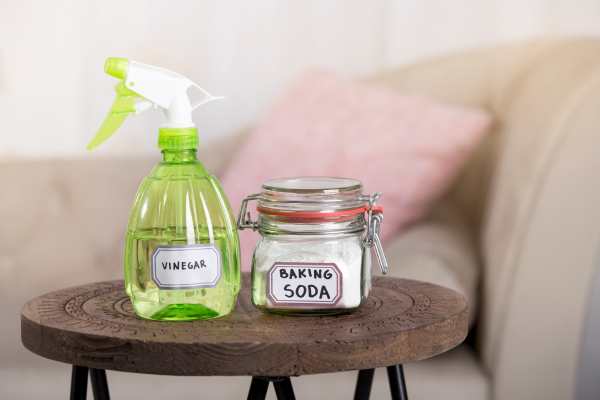
Using vinegar to get rust off knives offers several advantages. Vinegar is a natural and non-toxic solution, making it safe for both your knives and your health. It is also an inexpensive and readily available household item, which makes it a convenient option for corrosion removal. The acetic acid in brine reacts with the corrosion, effectively dissolving it without damaging the metal underneath. This method not only removes corrosion but also helps to disinfect the knife, ensuring it is hygienic for food preparation. By opting to get a corrosion off knife with brine, you can maintain your kitchen tools efficiently and sustainably.
Choosing The Right Vinegar
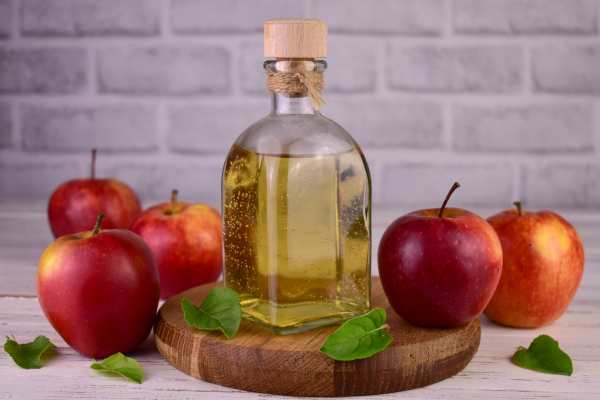
Choosing the right vinegar for cleaning rust off knives made of stainless steel, white brine is often recommended. Its acidic properties help break down the rust without damaging the metal surface. However, apple cider brine can also be effective due to its slightly higher acidity levels compared to white brine.
Additional Supplies Needed
In addition to vinegar, you will need a few other supplies to get rust off knives with vinegar. Gather a shallow dish or container large enough to submerge the knife blade, a soft cloth or sponge for scrubbing, and some baking soda for neutralizing the brine after corrosion removal. Having these supplies on hand will streamline the cleaning process and ensure you achieve the best results. The combination of these materials, especially when paired with white brine, provides a comprehensive approach to tackling corrosion, making the task straightforward and manageable.
Cleaning The Knife
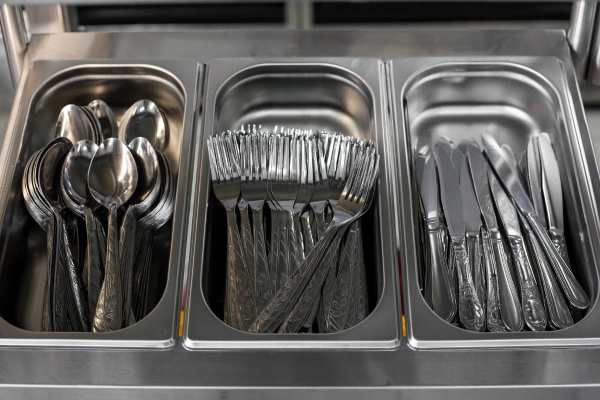
To get rust off knives with vinegar, start by pouring enough white vinegar into the shallow dish to fully cover the knife blade. Submerge the rusty knife and let it soak for at least 30 minutes to an hour, depending on the severity of the corrosion. After soaking, use a soft cloth or sponge to scrub away the loosened corrosion gently. For stubborn spots, sprinkle a bit of baking soda on the cloth or sponge, which acts as a mild abrasive to help lift the corrosion without damaging the knive. Rinse the knife thoroughly with water and dry it completely to prevent future rusting. This method not only cleans the knife effectively but also ensures it remains in excellent condition for longer.
Ideal Soaking Duration
The soaking duration plays a significant role in successfully getting corrosion off knives with vinegar. Generally, you should soak your knifes in brine for at least 24 hours. This duration allows the brine to penetrate and dissolve the corrosion effectively. For knifes with severe rust, you may need to extend the soaking period. Always check the progress periodically to ensure the brine is working without harming the knife’s metal.
Scrubbing Off The Rust
After soaking, the next step in getting rust off knifes with vinegar involves scrubbing. Use a soft-bristled brush or a sponge to gently scrub the knife blade, removing the loosened rust. Avoid using abrasive materials that could scratch the knife surface. If some rust remains after the initial scrub, you can re-soak the knife for a few more hours and repeat the scrubbing process. This step ensures that all corrosion is thoroughly removed, restoring the knife to its original condition.
Checking The Progress
Regularly checking the progress is vital when you get rust off knives with vinegar. After the initial 24-hour soak, examine the knife to see if the corrosion has been sufficiently loosened. If corrosion persists, continue soaking and periodically scrubbing until the knife is rust-free. This careful monitoring helps prevent over-soaking, which could potentially weaken the knife blade. By following these steps diligently, you can efficiently get corrosion off knifes with vinegar, keeping your kitchen tools in excellent working order.
Proper Rinsing Methods
After soaking your knives in vinegar, proper rinsing methods are essential to ensure all rust particles and brine residues are removed. First, take the knife out of the brine solution and scrub it with a soft sponge or brush to dislodge any remaining rust. Once the corrosion is visibly gone, rinse the knife under warm running water to wash away the brine and any loosened rust particles. It’s important to thoroughly dry the knife immediately after rinsing to prevent new corrosion from forming. By following these steps, you can effectively knife with brine while maintaining their condition.
Post-Cleaning Knife Care
Post-cleaning knife care is a critical step in the process of learning how to get rust off knives with vinegar. After you’ve rinsed and dried your knives, applying a thin layer of mineral oil can help protect the metal from future rusting. Store your knifes in a dry place, preferably using a knife block or magnetic strip to avoid moisture accumulation. Regularly check your knives for any signs of corrosion and clean them promptly to prevent severe corrosion build-up. Proper care and maintenance ensure that you get corrosion off knives with brine effectively and keep them rust-free for longer periods.
The Final Thought
Using vinegar to remove rust from knives is a simple and effective method that can help restore their sharpness and longevity. By following the steps outlined in this article, you can easily bring your rusty knives back to life without the need for expensive chemical cleaners or professional services. Remember to always exercise caution when working with sharp objects and chemicals, and be sure to thoroughly clean and dry your knives after removing the rust. With regular maintenance and care, your knives will remain in top condition for years to come.

